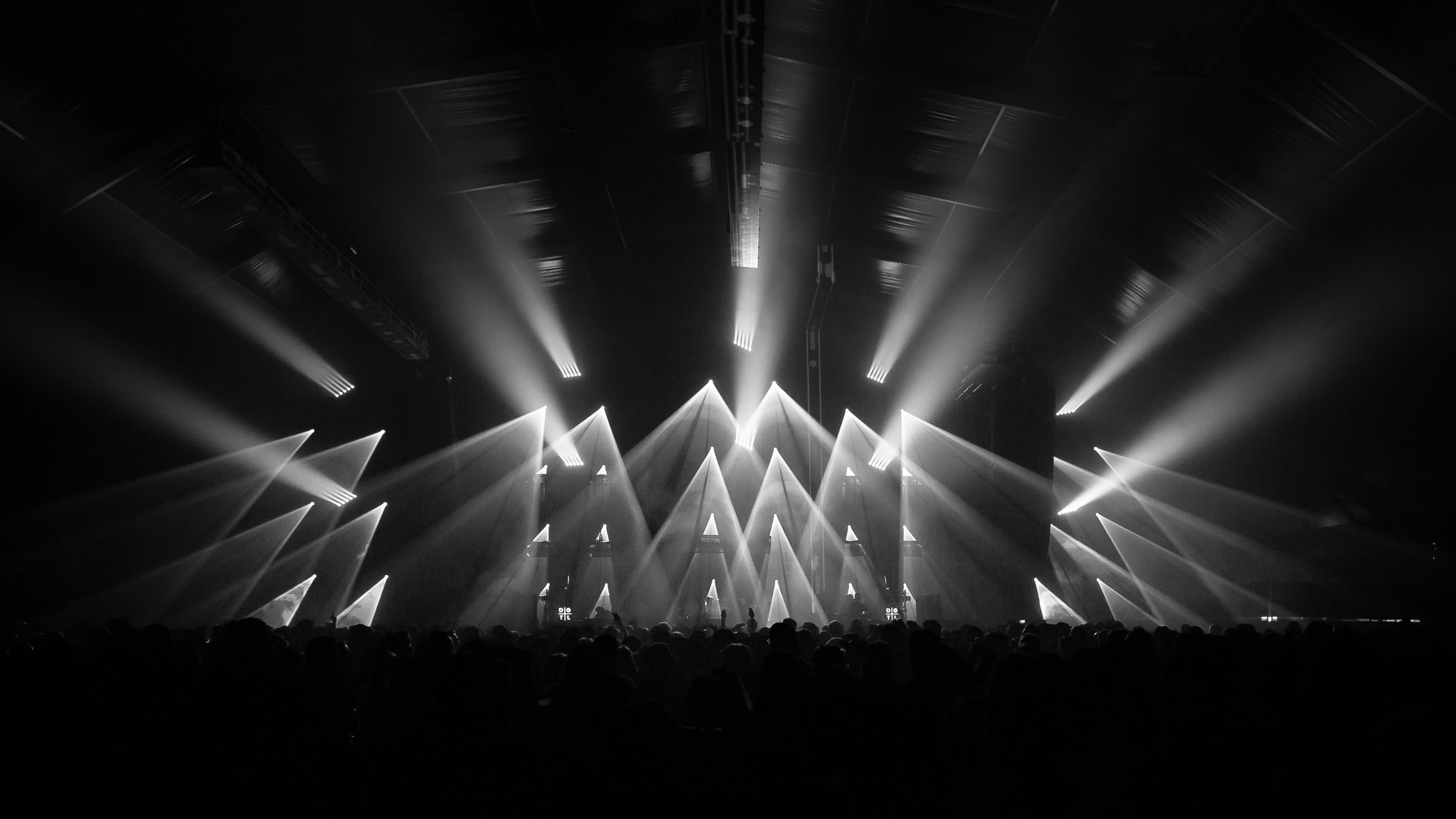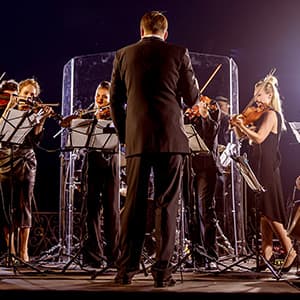

Schubert Tickets
Up to 30% Off Compared to Competitors.
Location: Select Location (e.g, New York)
Events Nearby
We're Sorry. There are currently no events near you.
About Schubert
In recent years, Schubert's music continues to resonate within the concert circuit, with numerous orchestras and ensembles celebrating his works through various performances. Notably, the annual Schubert Festival held in Vienna attracts music lovers from around the globe, featuring concerts dedicated to his compositions. Major orchestras, such as the Vienna Philharmonic and the Berlin Philharmonic, regularly showcase Schubert's symphonies and chamber music in their repertoires. In addition to traditional concert settings, contemporary artists reinterpret Schubert's music, blending genres and introducing innovative arrangements that appeal to modern audiences. For example, the 'Schubert Club' in Minnesota conducts a series of concerts that highlight both classic and contemporary takes on Schubert's works, fostering a dialogue between the past and present. Additionally, streaming platforms have made Schubert's music more accessible than ever, with live recordings of concerts reaching a broader audience. Upcoming events include a special centenary celebration of Schubert's 'Winterreise,' where various artists will perform this iconic song cycle in a series of concerts across Europe. As classical music continues to evolve, Schubert remains a pivotal figure, inspiring new generations of performers and audiences alike.
Schubert History
Franz Schubert, an Austrian composer born in 1797, is renowned for his significant contributions to classical music, particularly in the realm of art songs and symphonic compositions. Schubert's early life was steeped in music, as his father was a schoolmaster and his mother a homemaker who embraced the art. By the age of 11, Schubert was already a student at the Stadtkonvikt, a prestigious school for choir boys, where he honed his musical skills. The early 19th century saw the emergence of the Romantic era, which profoundly influenced Schubert's work, emphasizing emotional expression and individualism. His first concert, held in 1816, showcased his burgeoning talent, featuring his early compositions. Schubert's concerts, particularly his lieder or art songs, such as 'Die Forelle' and 'Gretchen am Spinnrade,' captivated audiences and laid the groundwork for the future of vocal music. Throughout his life, Schubert struggled for recognition, often performing in intimate settings or salons rather than grand concert halls. However, his music gained popularity posthumously, with full orchestral performances of his works, including the famous 'Unfinished Symphony' and 'Symphony No. 9 in C Major.' Schubert's legacy as a concert composer is marked by his ability to blend lyrical melodies with rich harmonic textures, leaving an indelible mark on the concert scene.
